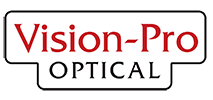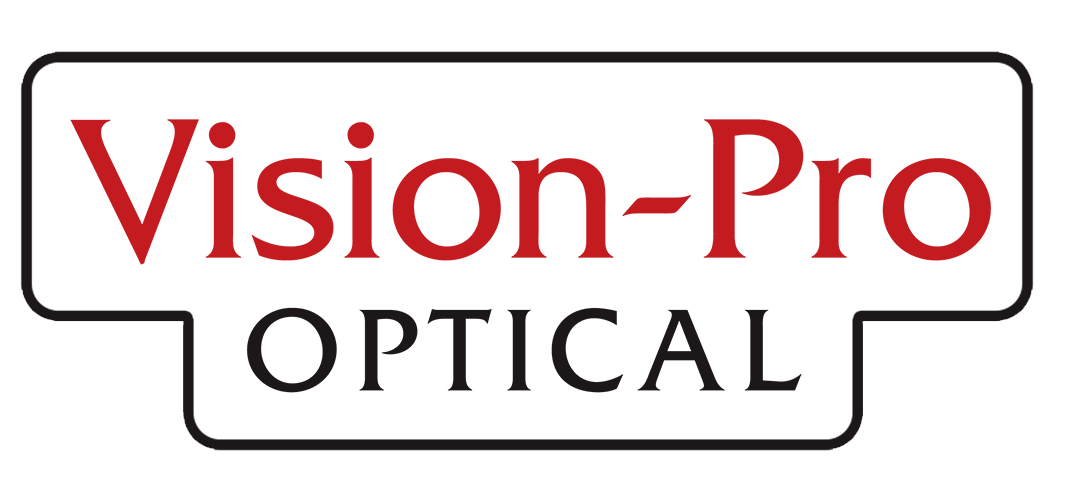Blog
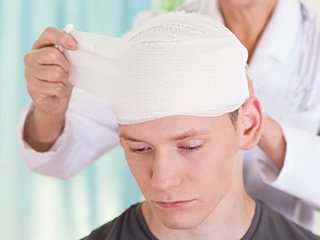
Traumatic Injury
Accurate vision involves much more than good eye health. The brain integrates signals from the eyes with information from the motor, balance, and auditory systems to create an accurate view of the world. Following traumatic injury, one or more components of this...
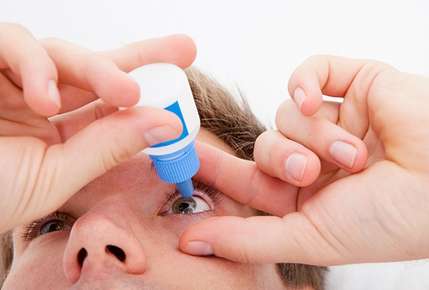
Medicated Eye Drops
Treatment for glaucoma often begins with medicated eye drops. The goal of these medications is to lower the pressure in the eye (intraocular pressure) and prevent damage to the optic nerve. To gain the most benefits of these medications, use them exactly as prescribed...
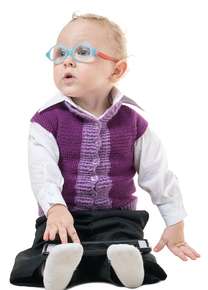
Corrective Lenses
Corrective lenses are used to correct deviations, adjust focal points or neutralize other anomalies that impact the eyes’ ability to focus an image on the retina. To do this, the lenses must be the correct type and of the right power. Strength – which is expressed as...

Training Devices
Visual-motor-sensory integration training uses various devices to appeal to a person’s senses, including touch, sound and smell. This type of therapy is particularly useful in children with autism. Devices may include play dough, rubber toys, weighted bells and...
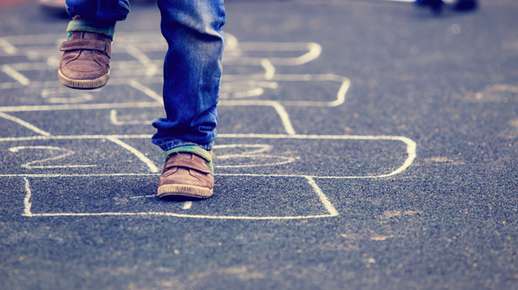
Balance Board
The brain and the eyes work together to create a visual experience. On one hand, the eyes send signals to the brain, which allows it to translate that data into visuals; on the other, the brain sends signals to the muscles attached to each eye, controlling their...
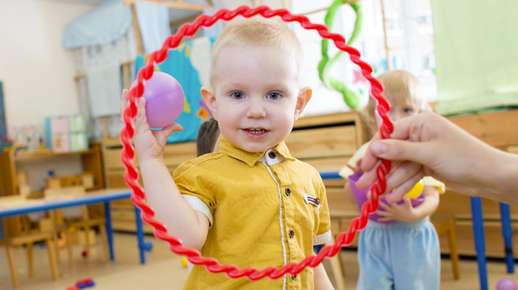
Cawthorne-Cooksey Exercises
These exercises are mainly used at home and range from simple head and eye movements to performing more complex activities like throwing a ball or focusing on a stationary object while the head is moving. While moving one’s head and tossing a ball sounds easy enough,...
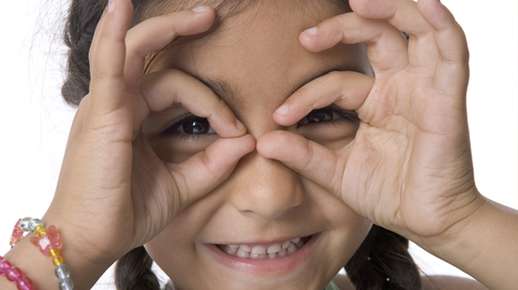
Electronic Targets
Automated targets with timing mechanisms not only show the optometrist how the eyes move in the beginning of treatment – when eye problems have yet to be fully addressed – by strategically positioning the targets, but they give weak eyes a necessary workout. By moving...

Computer Software
Computer aided vision therapy consists of a software package designed to enhance eye tracking skills, visual thinking, processing skills and binocular vision skills. Eye teaming, focusing and tracking are not optical in nature, and problems in these areas are the...
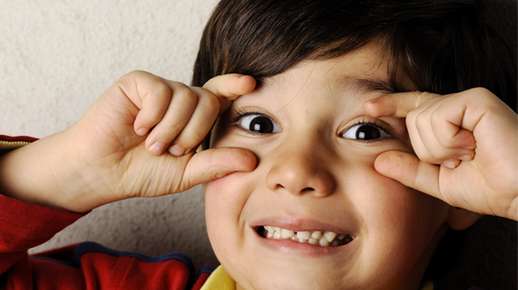
Therapeutic Lenses
Contact lenses, or therapeutic lenses, are thin lenses that are placed on the surface of the eye. While some wear them for cosmetic reasons, their primary function is to correct and improve vision problems related to refractive errors, act as a protective layer in...
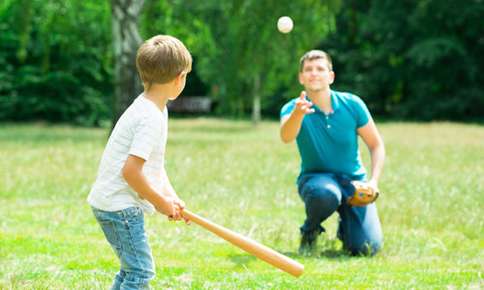
Keep Your Eye on the Ball: How Vision Therapists Use Marsden Balls to Help Their Patients
A Marsden ball might not look very impressive, but this little ball offers big benefits for athletes and children affected by strabismus, ambylopia and other conditions. Marsden ball exercises are just one of the techniques that vision therapists use to help patients...

